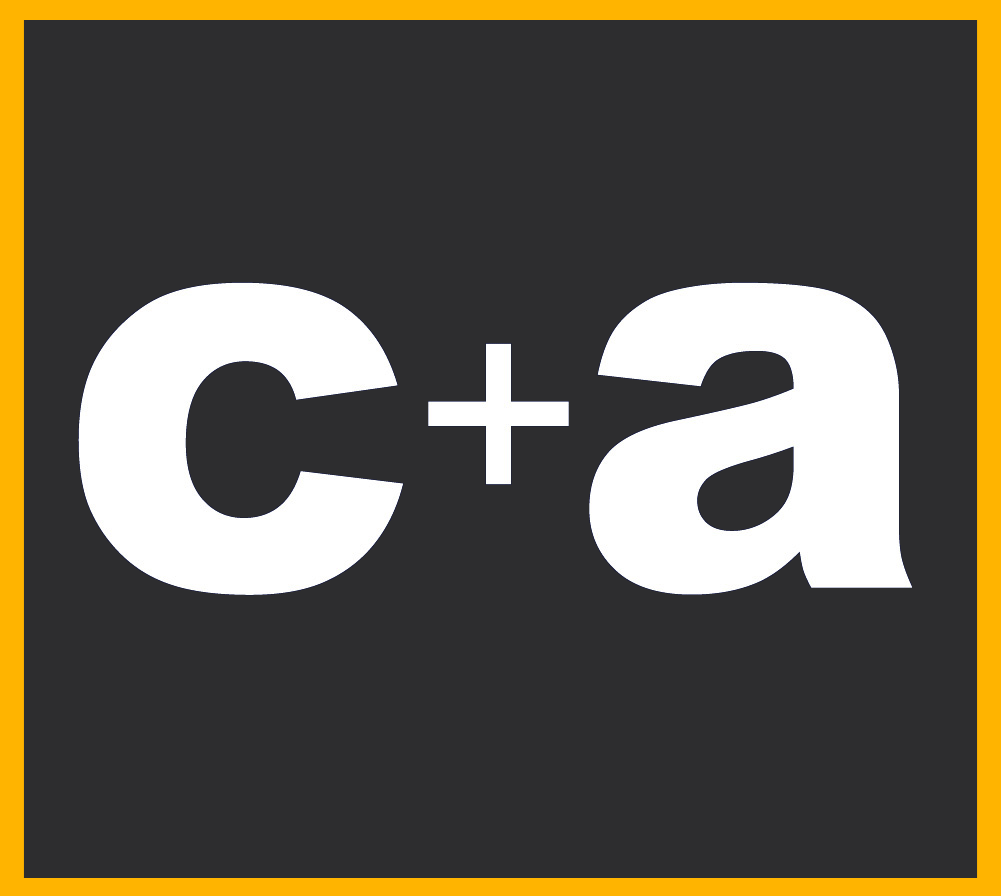Career management doesn’t just happen when you want to find a job
- curranrecruit
- May 11, 2014
- 3 min read
It’s no revelation that when one is in between jobs or going through a career transition, that most of a person’s time and energy is focused on updating their resume, networking, collecting anecdotal accomplishments from potential references and maybe even signing up for new courses to update their skill set. Being prepared and at the top of your game is the best way to get that next great position.
But is it only necessary when you’re searching for a job? What about those who are currently employed and feel their job is quite stable? Most people wouldn’t engage in those activities as aforementioned, but they might also miss out on a great opportunity had they kept updated with what’s going on in their own organisation or industry and maybe even their dream job (if they were aware of what that is).
In this week’s blog post we discuss career management, as an ongoing process regardless of a person’s employment status.
What Is Career Management?
A lifelong process of investing resources to achieve your career goals
The process through which employees become aware of their own potential, interests, values, strengths and weaknesses. They actively obtain information about job opportunities within the company and identify their career goals; both short term and long term. They also do their best in any position assigned to them, and see each position as part of their way to achieve ultimate career goals.
It isn’t a singular event but a continuing process seen as a necessity for adapting to the changing demands of today’s economy.
It’s important because the lack of career management can lead to frustration, feelings of being lost in an organisation, and most importantly a lack in career management can result in being unable to find suitable employment should a job change (due to mergers, acquisitions, restricting, or downsizing).
Relationships and Networking
Friends, colleagues, business partners, suppliers, managers and the like – they are all part of your network. The quality of these relationships can help shape your career. How we interact, respond and connect in all our relationships, both personal and professional, impact our present performance and future opportunities.
Networking can be seen as the foundation for securing new clients, new business, or new jobs. According to the CIPD, networking uncovers more than 70% of current job openings. Keeping connected and knowing how to build good relationships are more important than ever before. Like all relationships, business networks require constant attention and grooming. One needs to be there to help others, and an ongoing relationship needs to be maintained, not just when someone needs a ‘favour’.
Lifelong learning
Another part of career management, other than maintaining networks, is lifelong learning. Investing in improving your knowledge and skills; and taking opportunities to learn and gain experience. Examples might include: credentialed coursework (locally or through distance learning), industry updates for latest certificates, attending conferences, or staying current in professional reading (such as peer reviewed industry journals).
Even when one is not actively conducting an executive job search, being aware of opportunities and being prepared for job changes makes all the difference. Whilst being focused on the day-to-day job performance is important (it’s also part of managing your career with having a good job performance record) people should still be aware of their ultimate career goals and focus on managing their careers – regardless of their work circumstances at any given time.





















Comments